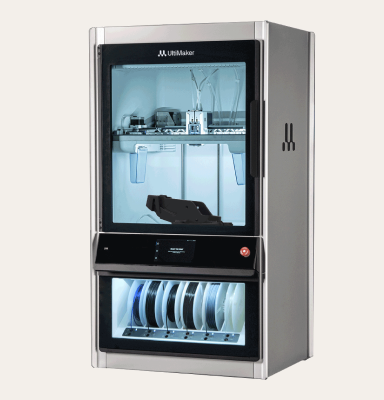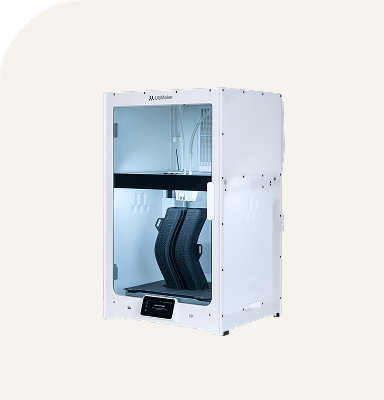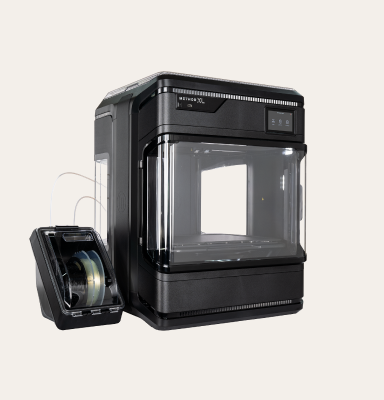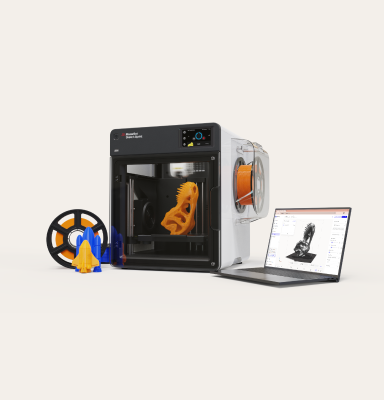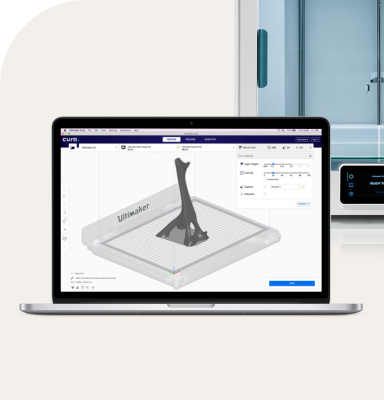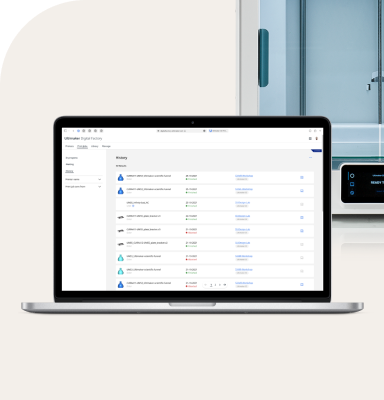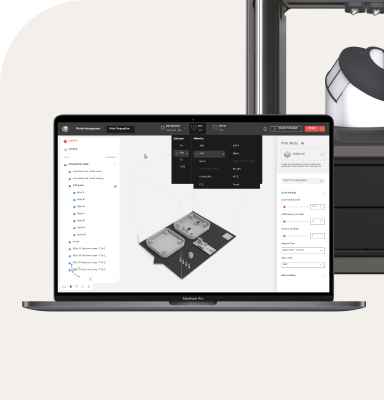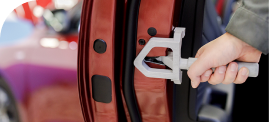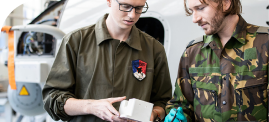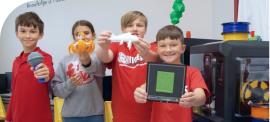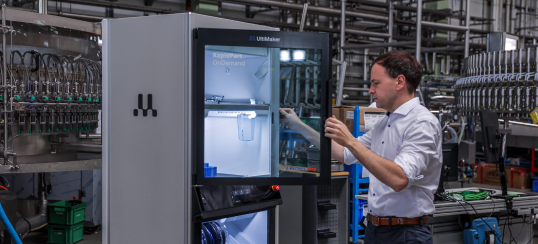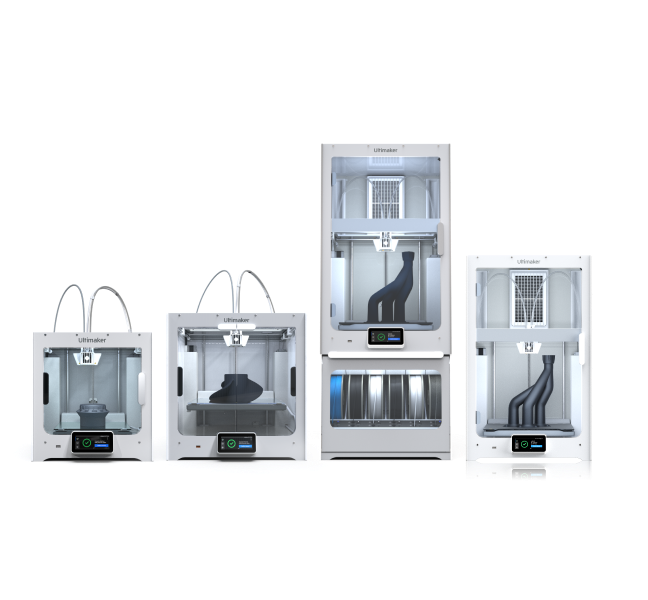Originally published on CADXPERT in cooperation with PepsiCo
Food production must meet strict safety requirements, and when optimizing processes, it is essential to consider current laws and health and safety regulations. At the PepsiCo plant in Święte near Środa Śląska, where popular snacks are produced, 3D printing has become an integral part of streamlining various processes.
By collaborating with CADXPERT and integrating the UltiMaker S7 Pro Bundle 3D printer, PepsiCo optimized certain operations and enhanced workplace safety. This case study explores the impact of 3D printing on the plant's daily operations.
About PepsiCo
PepsiCo is a global leader in the food industry, known for its wide range of products from beverages to snacks. In 2023, the company launched a state-of-the-art production facility in Święte, equipped with five production lines. Popular snack brands such as Lay's and Doritos, among others, are produced there.
The plant is one of the most modern facilities of its kind in Europe and plays a key strategic role in PepsiCo's production. With a strong focus on sustainability and eco-friendly manufacturing, the company relies on advanced technologies like 3D printing to support its growth and efficiency.
The Challenge
Like all food production facilities, the PepsiCo plant in Święte must follow strict Food Safety standards, which can pose challenges for implementing 3D printing. However, the company successfully identified key areas where additive manufacturing could deliver real benefits.
One of the challenges was creating and adapting tools for non-standard operations. Quick solutions were needed without long wait times for external orders. 3D printing enabled faster prototyping and testing of new solutions without relying on external suppliers.
In our plant, we have focused on printing components to make our work easier and to improve safety."
-Sylwester Kucharski, a PepsiCo employee.
Thanks to 3D printing, the company could quickly respond to emerging problems and implement improvements. Such a streamlined process would allow for greater production management flexibility and operator safety.

